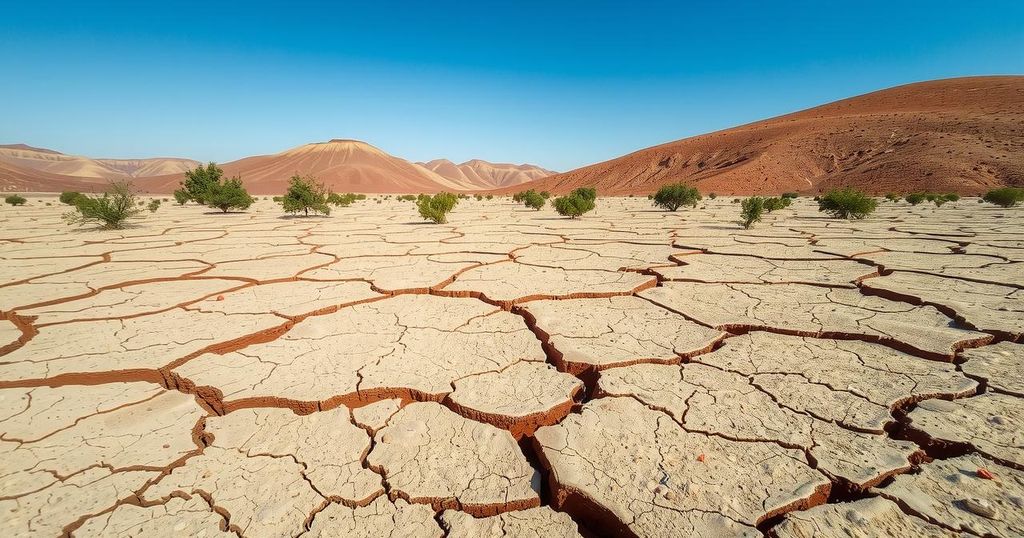Somalia Water Crisis: WASH Cluster Drought Update as of March 2025
Somalia is experiencing a severe water crisis due to consecutive failed rainy seasons, with forecasts predicting below-average rainfall for the upcoming Gu season. Currently, over three million are facing acute water shortages, with projections indicating intensified drought conditions, reduced agricultural productivity, and pressure on livestock communities.
As of March 2025, Somalia is experiencing a critical water crisis, exacerbated by consecutive failed rainy seasons. The forecasts indicate that the upcoming Gu season, set from April to June 2025, will yield below-average rainfall. The Deyr 2024 rains were erratic, particularly affecting states such as Galmudug, Hirshabelle, South-West, Jubaland, and Puntland, resulting in significantly reduced precipitation. Consequently, groundwater levels are declining, particularly affecting rural communities reliant on shallow wells and seasonal water resources.
Currently, over three million people are facing acute water shortages, a number anticipated to increase depending on the Gu rains and the effectiveness of WASH humanitarian interventions. The ongoing drought conditions are expected to worsen due to anticipated below-average rainfall and rising temperatures, leading to further strain on water resources. Projections show a high likelihood of insufficient rainfall in critical regions including Gedo, Hiraan, Middle Shabelle, Bakool, Bay, and inland Galguduud and Mudug, compounding water scarcity, diminishing agricultural productivity, and increasing burdens on livestock-dependent communities.
In summary, Somalia faces an alarming water crisis driven by failed rainy seasons and forecasts of continued below-average rainfall. With over three million individuals currently experiencing acute water shortages, the situation is likely to worsen. The decline in groundwater levels and increasing temperatures will further exacerbate the drought, significantly impacting rural communities and agricultural productivity across affected regions.
Original Source: reliefweb.int




Post Comment